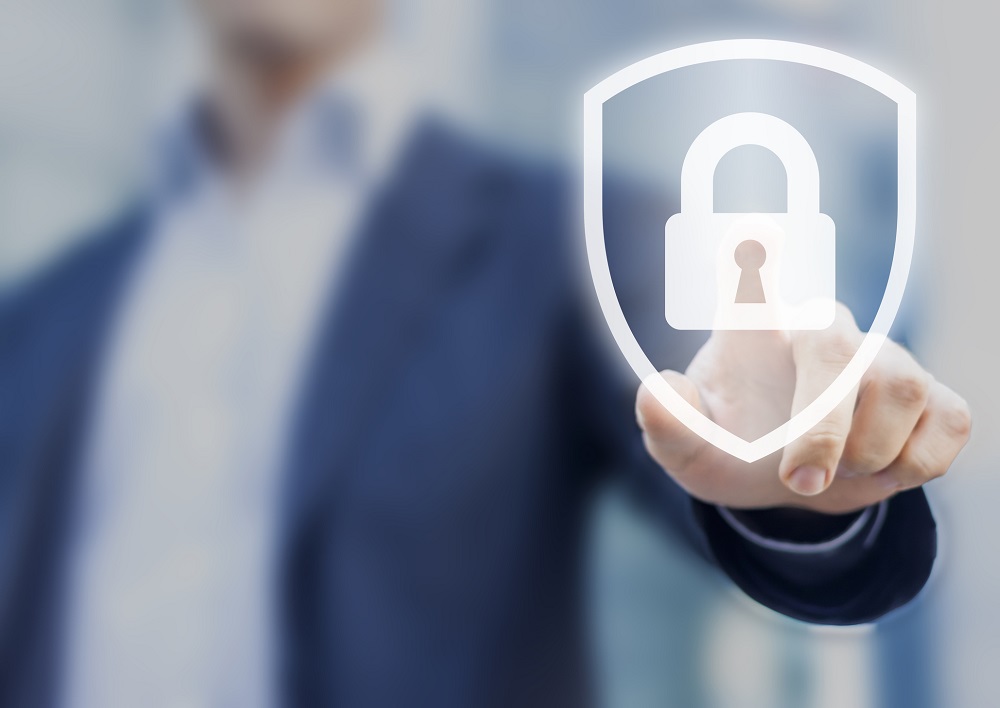
3 Keys to Better Client Security in General Transcription
Guest post from Janet Shaughnessy at TranscribeAnywhere
Your general transcription clients want to know their information is safe with you. That’s a no-brainer. They need to know their payment information, their audio/video files, and their transcriptions are all protected from thieves who may be out to steal their latest idea or use copyrighted information as their own.
It may seem like “listening and typing” is all there is to general transcription, but it’s not. Providing excellent service as a professional is just one of the things you can do to make you stand out as a great transcriptionist as opposed to just a so-so transcriptionist, and doing everything you can to help your clients feel safe and secure is part of that!
How do you “do” client confidentiality as a general transcriptionist?
When it comes to security for sensitive client information, proprietary marketing materials, and über-confidential stuff, you really can’t overdo it. More security is always better than not enough. One screw-up could cost you the client and tarnish your reputation.
Here are three “security” keys we recommend for amping up your security as a general transcriptionist.
Security Key #1: Use Common Sense
Do the little things to keep the “bad apples” out of your work stuff. Things like locking your computer when you are not around it, changing your password every few months, and making sure you do not keep your new password on a Post-it™ note on your computer or your desk are easy, everybody-should-do-it ways to maintain client confidentiality. Don’t e-mail your clients’ transcriptions to anyone without their express written permission.
Another step that you can take is being very careful when on public Wi-Fi connections. Personally, I avoid them unless I’m absolutely in a pinch. If you are on a public Wi-Fi network that others can be on, they can quickly access your computer remotely and steal information from your computer without you ever knowing. The less time you can spend on public Wi-Fi connections, the better.
Also, you’ll want to make sure that you are not using the same password for multiple programs. Keeping a good anti-virus program on your computer is also important so no one can create a back door to watch for your passwords.
Security Key #2: Keep Your Hard Drive Clean
I also recommend that you run scans on your computers to make sure that someone has not breached your system. A program such as CCleaner from Piriform will help keep you protected for free.
Another thing to discuss with your clients and have written into their contract is how long you will keep their dictations and documents. I recommend no longer than six weeks, but that’s not written in stone. You want to be able to have a backup for your clients in case they lose something, but we also need to assure them that their information will be shredded after a mutually agreed upon time frame. It’s also just a good practice for the health of your computer. Audio and video files are quite large and take up a lot of space on your hard drive. Most computers these days come with their own built-in “optimizer” utilities that will help keep your computer clean and running at an optimal speed. Be sure to use it! I recommend doing this on a weekly basis. Again, CCleaner will do the job if you need an add-on utility.
Security Key #3: Send Your Files Securely
Most clients will prefer that you send their final transcripts to them via email. In general transcription, we’re usually not working with patient or client confidentiality issues as is required under HIPAA with medical transcription. In fact, many clients will be quite happy to share their information and this isn’t a concern for them at all. But there are those who want their intellectual property respected, and we have to ensure that we do so. If that’s the case, offer to send their files via a file sharing service such as Dropbox. The files are protected because they need an account and password to access them. Is there any program or service that’s 100% unbreachable? NO! Just look at all of the scandals in the news regarding breaches of security. However, we still strive to do the best we can and use the most secure technology available.
BONUS TIP! Include information on your website about how you keep client information safe. Just by making the client feel better taken care of, that client may spread the word about how you made them feel and that they trusted you with their information. That can provide a way for you to totally corner the market in your area — all because you went the extra mile to inform them.
To recap…
Three simple-yet-essential steps:
- Keep your computer and work area secure
- Clean and protect your computer with anti-virus software
- Send files securely and never share client information without their written consent
Your Turn!
How do you make your transcription clients feel safe? Do you have any questions about confidentiality as a transcriptionist? Leave a comment below.
